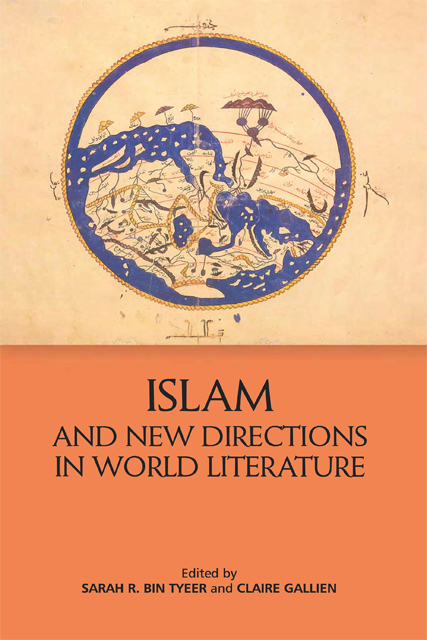12 - Indonesia’s sastera profetik as Decolonial Literary Theory
Published online by Cambridge University Press: 14 July 2023
Summary
What is the value of literary theory to world literature? Scholars have argued that the idea of world literature is traceable to Goethe’s weltliteratur formulated in the late 1820s in his conversations with his disciple Eckermann and later elaborated by Marx and Engels in the Communist Manifesto. That the discipline began as an abstract concept before it was a practice makes theory integral to it. Today, world literary theory is punctuated by the works of Pascale Casanova, David Damrosch, Franco Moretti and several others. Yet the critical contribution of theory to world literature presents a contradiction. The presence of the non-West in literary theory is minimal. Granted, the valuable postcolonial works of Edward Said, Gayatri C. Spivak and Homi K. Bhabha may appear in a typical literary theory course. For instance, they account for two of twelve lessons in my own introductory module at a Singapore liberal arts engineering university where I used to teach. However, these are not inherently non-West as they are post- West. First, they can be said to be a response to theory’s seedier side by highlighting the mechanics of asymmetrical power and privilege between world cultures. Secondly, it can be said that postcolonial literary lenses are still fashioned from the poststructuralist and postmodernist frameworks introduced by European continental philosophers like Ferdinand de Saussure, Jacques Derrida and Michel Foucault. This contradiction lies in the lack of ‘worldliness’ of world literature as works from the non-West are interpreted primarily from lenses and frameworks developed out of the Anglo-American and European continental philosophical tradition. Put simply, it is an illfitting venture.
This contradiction has also been expressed by the catchy phrase ‘world lit without world lit crit’ introduced by Revathi Krishnaswamy in her 2010 path-breaking essay ‘Toward World Literary Knowledges: Theory in the Age of Globalisation’. Pointing to similar issues above, Krishnaswamy calls on comparative literature scholars to do the hard work of expanding the field of literary theory to include ‘non-Western poetics, criticisms and commentaries’ in a bid to determine which aesthetic concepts are universal and which are limited to certain cultural traditions.
- Type
- Chapter
- Information
- Islam and New Directions in World Literature , pp. 328 - 356Publisher: Edinburgh University PressPrint publication year: 2022

